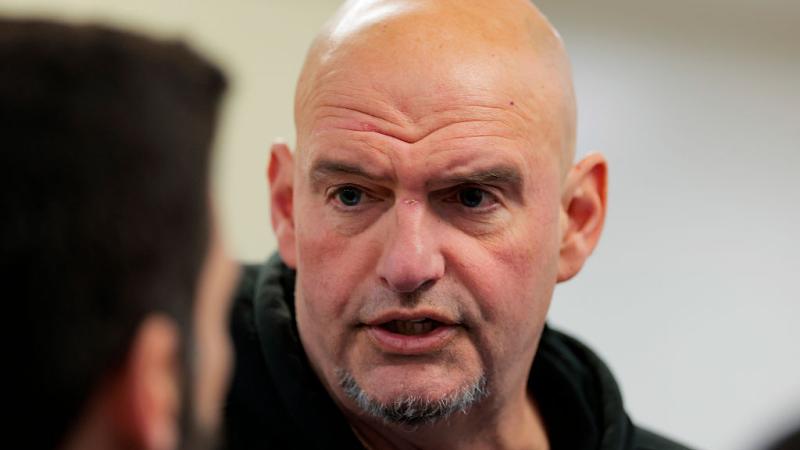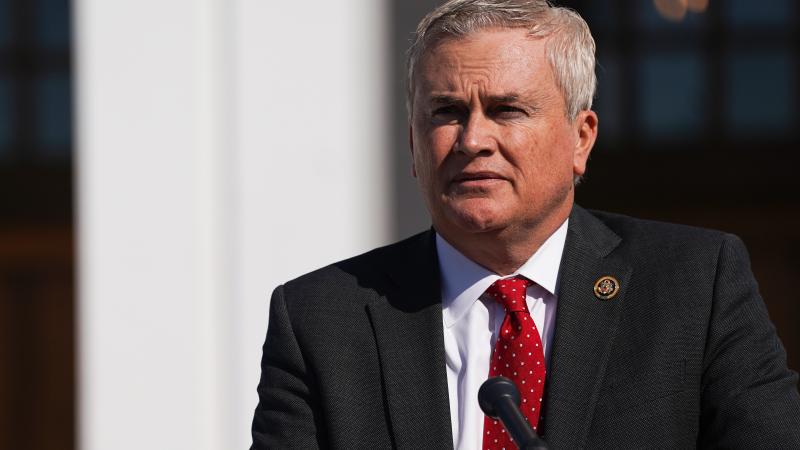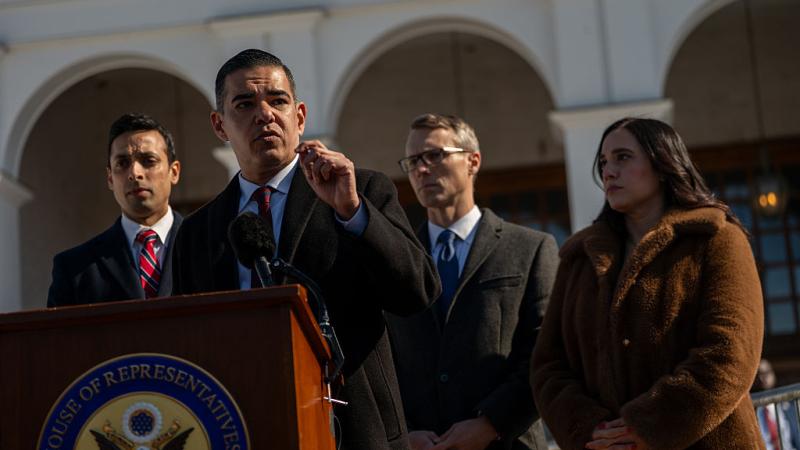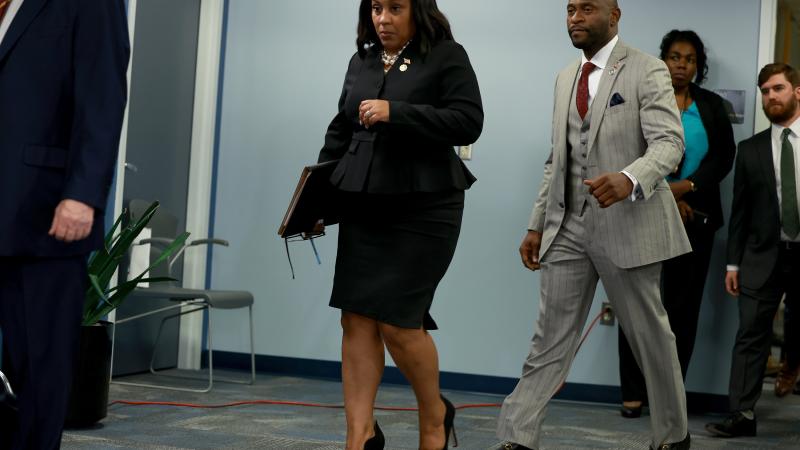GOP House members say why they didn't cast proxy votes that would have nixed Capitol security bill
The House passed the enhanced security spending bill 213-212 on Thursday with the two GOP members not voting.
The $1.9 billion post-Jan. 6 security spending bill would have failed if two GOP members had voted by proxy.
The offices of two GOP House members whose votes weren't recorded told Just the News on Friday that the lawmakers would have voted no. All other Republican House members voted against the bill. The Democratic-led House passed the bill 213-212 on Thursday with the two GOP members not voting.
"Rep. Webster missed votes because he was unavoidably detained in the district and wasn’t able to make it to DC in time to make the votes," a spokesperson for Florida Republican Rep. Daniel Webster told Just the News on Friday. "He likely would have opposed the bill - he didn’t proxy vote on principle as he is on the record opposing proxy-voting and was part of the original lawsuit challenging its constitutionality."
Texas Republican Rep. John Carter submitted a statement against the bill for the record and was unable to vote by proxy.
"The congressman included a statement in the record that he would've voted no," said Carter's spokesperson. "He did secure a proxy for the vote, unfortunately, due to circumstances beyond our control, the vote was not recorded."
Carter's letter granting authority to cast his vote by proxy to California Rep. Ken Calvert was submitted to the House clerk. Carter also successfully voted by proxy Thursday on "the motion to recommit" that proceeded the final vote on the security bill. Carter's spokesperson did not elaborate on why the lawmaker was not able to vote by proxy on the final bill.
House members now have the option to vote by proxy in lieu of in-person voting due to rule changes the House passed during the COVID-19 pandemic.
In the House, a tied vote can sink a bill, so a no vote from one or two of the GOP members who didn't vote would have blocked the bill from passing.
The $1.9 billion supplemental security bill was drafted in response to the Jan. 6 riot at the U.S. Capitol. The bill includes new security measures such as "creating a dedicated Quick Reaction Force to augment the Capitol Police in cases of emergency" and the installation of a retractable fence around the U.S. Capitol building.
















